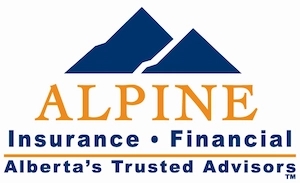Whether it’s a fender bender, flooded basement, or anything else you weren't expecting, we’re here to support you no matter what life throws your way. We offer independent insurance advice to help guide you through the claims process.
Whether it’s a fender bender, flooded basement, or anything else you weren't expecting, we’re here to support you no matter what life throws your way. We offer independent insurance advice to help guide you through the claims process.
